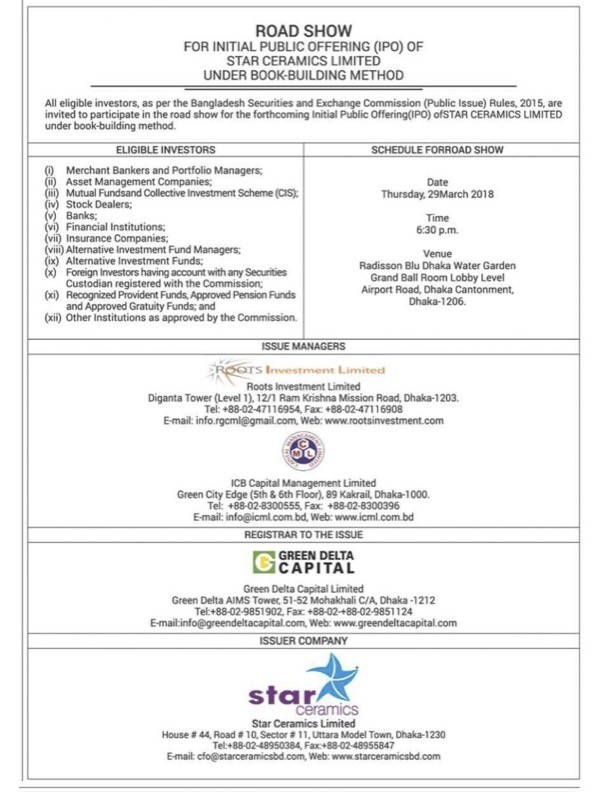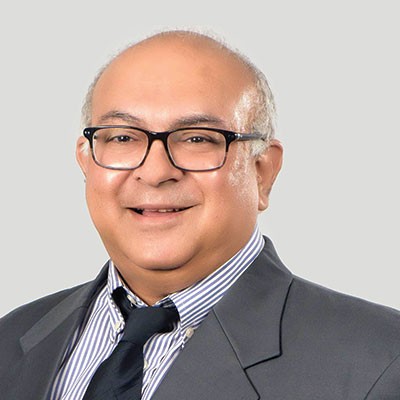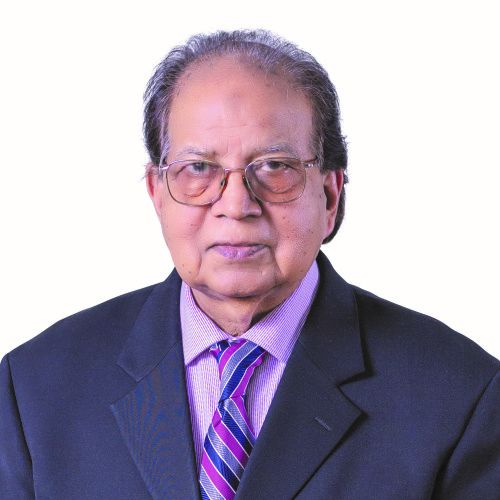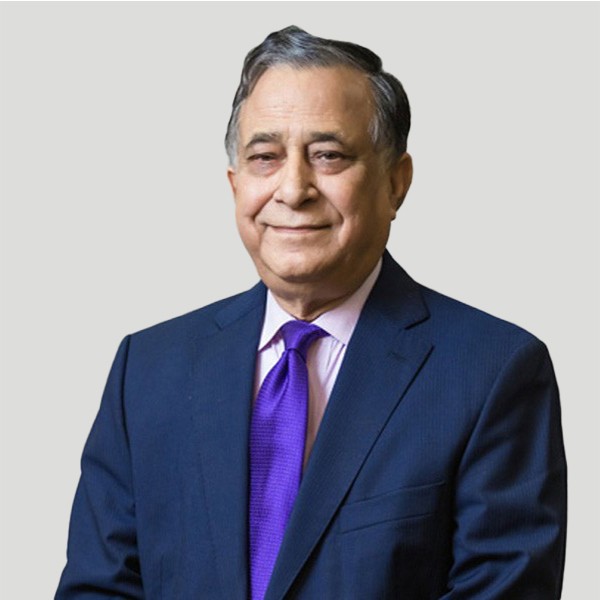The Padma Bridge, built through public investment, has opened strong private investment avenues in the South-Western part of Bangladesh with the capital market having opportunities to cater to the investment needs as well as making itself vibrant, experts said at a seminar on Tuesday.
The discussion titled “Padma Bridge and Opportunities for Bangladesh Capital Market” was organised by local merchant bank Green Delta Capital Ltd at a Dhaka hotel.
Prime Minister’s Economic Affairs Adviser Dr Mashiur Rahman in his speech as the Chief Guest said the financial market can play a role in channelling people’s savings towards productive sectors and the market has enough resources and opportunities to do it through expanding the bond market, and crowdfunding arrangements.
The equity-dominant capital market also has opportunities to finance megaprojects through strengthening the bond market as it is better capable of long-term project financing, said Dr Shamsul Alam, state minister for planning.
Special Guest, Financial Institutions Division Secretary Sheikh Mohammad Salim Ullah said Bangladesh needs investments to achieve the long-term development goals and the government counts on the capital market’s role to attain this objective.
Green Delta Capital Managing Director Md Rafiqul Islam in his keynote speech said, “Capital market can add value to meet long term funding gap for both public and private sector. Also, by strengthening the bond market, we can mobilise the funds to fully access the wide array of opportunities that Padma Bridge brings to the table.”
The self-funded bridge which opened a month ago is being considered to be a game changer for the economy due to the connectivity and economic opportunity for around 3 crore people of the 21 South-Western districts, he said.
Padma Bridge would propel the region’s GDP by 2.5% and the national GDP by 1.23%, he said citing various impact studies, adding that the manufacturing and agriculture sector in the South-Western region would see a 9.5% annualised growth due to the bridge, which would be 29.5% in healthcare, construction, and real estate.
Also, the largest bridge in the country offers the transportation industry a $500 million boost in five years, 3-5 times revenue for the tourism spots in the Khulna region, and a much higher demand for banking, insurance services, and energy and power, the keynote speaker added.
“As the country expects huge economic benefits from the Padma Bridge project, access to four key potential factors can add value for the future development of any scale in the capital market,” the investment banker said.
The factors are infrastructure and communication, capital, human resources, and information. Access to capital is the most important precondition to any development for the capital market.
The market can grow to meet the challenges ahead and become a major contributor as a reliable and sustainable source of capital, he said.
Bangladesh Securities and Exchange Commission (BSEC) Chairman Professor Shibli Rubayat-Ul-Islam said after the bridge, two listed firms which had once shut down operations attracted Chinese investors for a takeover.
The bond market is getting its barriers removed and should be supported through policies, he said, adding that the capital market is welcoming entrepreneurs and investors to fill the gap in needed investments.
After the Keynote presentation, the program also featured a panel discussion moderated by senior journalist Mozammel Haque.
The panel of experts included Dhaka Stock Exchange MD Tarique Amin Bhuiyan, Chittagong Stock Exchange Chairman Asif Ibrahim, Brac Bank MD and Association of Bankers Bangladesh Chairman Selim R F Hussain, and Apex Footwear MD and Bangladesh Association of Publicly Listed Companies Vice President Syed Nasim Manzur.
They showcased the key benefits of Padma Bridge as well as the consequent potential role and underlying economic opportunities for Bangladesh’s capital market in line with the country’s greater economic development with a vision to attain upper middle-income status by 2030.





